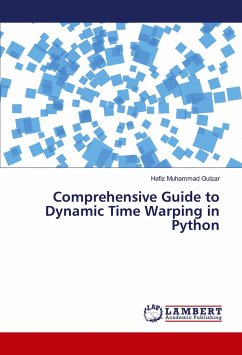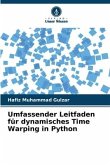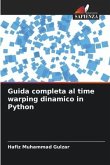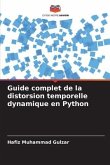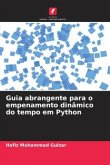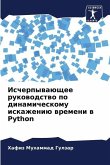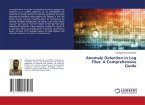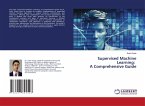Dynamic Time Warping (DTW) is a well-known technique used to determine alignment between two temporal sequences. DTW has been used in wide range of applications and it can be applied on any data which can be represented as linear sequence. Existing DTW libraries have out dated implementation of core DTW algorithm, which result in low performance or are inapplicable for big sequences. The aim of this book is to present, detailed concept of DTW along with a comprehensive DTW library, encapsulating the implementation of DTW variants with recently proposed efficient algorithms. Further down the road, in this book I presented a python module for computing and visualizing DTW alignment: DTWPy. DTWPy has implementation of classical DTW and recently proposed performance efficient algorithms i.e. fastDTW and DDTW. Correctness of the algorithms is verified by comparing it with existing R implementation. This book gives the basic idea to the readers about what DTW is and DTWPy have the mostcomprehensive implementation of DTW algorithms present in literature to date, and is applicable on large temporal sequence.
Bitte wählen Sie Ihr Anliegen aus.
Rechnungen
Retourenschein anfordern
Bestellstatus
Storno

